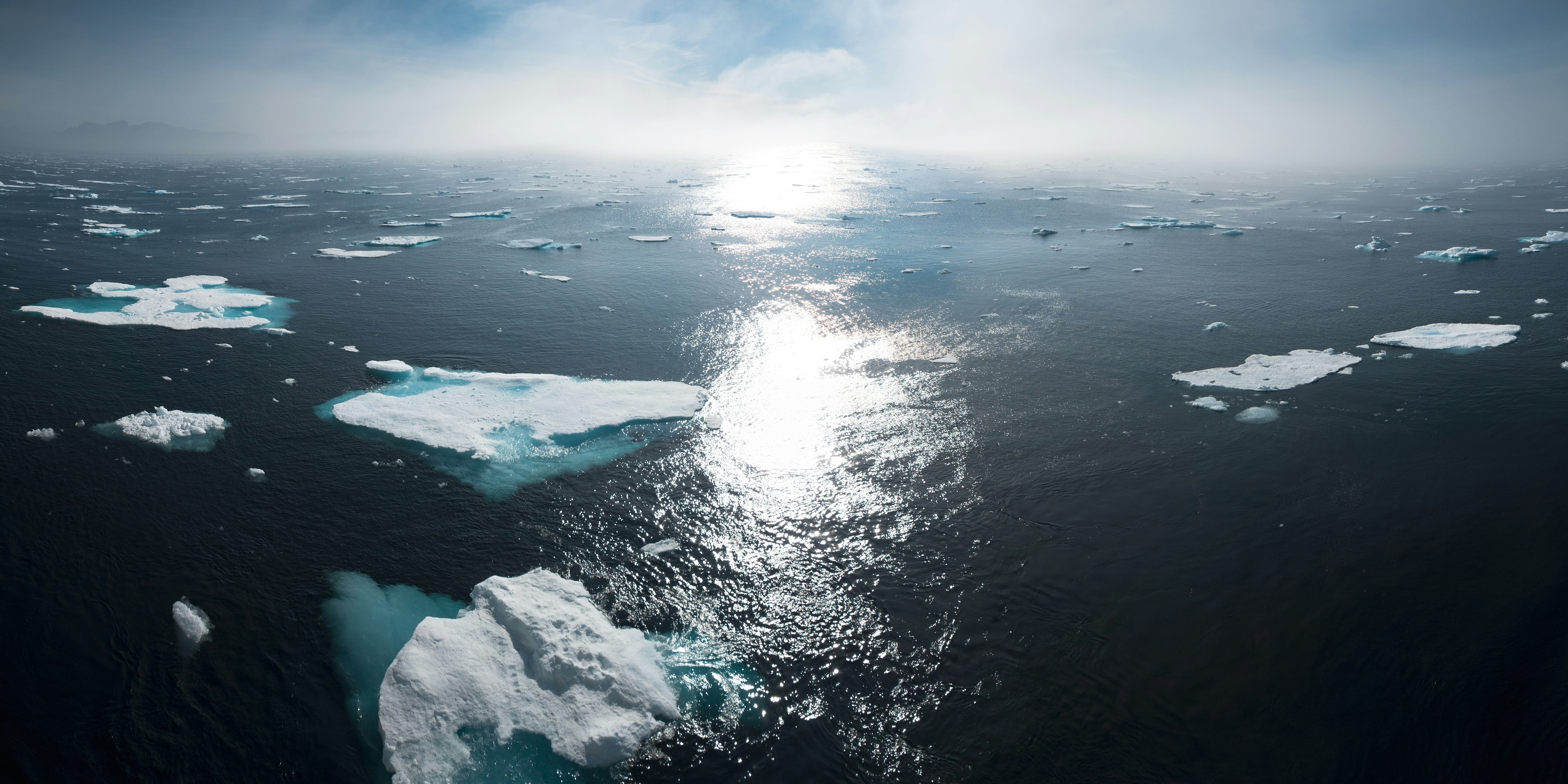How Costa Rica made its seas work for fishermen and for sharks

A scalloped hammerhead in a Marine Protected Area of Costa Rica. Image: Wikicommons/Kris Mikael Krister

Get involved with our crowdsourced digital platform to deliver impact at scale
Stay up to date:
Biodiversity Finance
- Costa Rica is continuing its long history of conservation by expanding its Marine Protected Areas.
- The negotiations over these zones incorporated the interests of multiple stakeholders, including the fisheries sector and coastal communities.
- Clarified boundaries for marine parks and laws on shark fishing will safeguard the country's biodiversity and fishermen's livelihoods.
Costa Rica is known worldwide for its commitment to conservation and responsible use of natural resources. Among its history of effective conservation measures are its efforts in the 90s to halt and reverse deforestation. We have a robust protected areas system, both in land and in our ocean: About 25.5% of our land territory is protected (and 57% has forest cover), and just recently we expanded our Marine Protected Areas (MPA) to cover 30.2% of our waters.
The process of expanding our MPAs began around 2018, when we first began meeting with the different sectors and stakeholders involved in marine life. This process was very open, and the government tried to involve coastal communities as well. But as in any negotiation, things weren't perfect, and some sensibilities were hurt.
We Costa Ricans are known for our peaceful manners and our “Pura Vida” lifestyle, so holding grudges is not part of our way of life. In 2022, we set sail towards bringing “Peace for the Ocean”; this concept is envisioned as a global call to raise awareness about the role of the ocean on the planet and to promote the concrete actions necessary to change our interactions with it. We began addressing certain issues related to the fisheries sector, which had some concerns about legal matters related to the expansion of the MPAs.
We held many meetings with the fishing sector and with the conservation sector. Decisions were taken. Popular? Maybe not with everyone. The right ones? Definitely. So after months of negotiation several outcomes emerged:
1. An agreement between MINAE (Ministry of Environment and Energy) and INCOPESCA (Costa Rican Fishing Authority) for the management of vulnerable species. We have set a series of binding rules for the conservation, protection and sustainable use of different shark species, including the whale shark, tiger shark and oceanic whitetip, that inhabit our waters.
2. A new decree prohibits the fishing of the three species of hammerhead sharks that frequent our Exclusive Economic Zone. But perhaps just as importantly, it has another key element: It obliges the captains of the fishing vessels to record all hammerheads caught as bycatch and orders them to free them. Why this is key? Because now this gives us access to data, straight from the source, so we can make informed decisions about these priceless species.

The chart above shows the decreasing hammerhead casualties of unloaded vessels at port, and how in 2023 when the decree was signed it dropped to almost none.

This second chart gives me hope: that, thanks to the new regulations, the fishing sector is becoming more conscious about what and how they fish. In 2022, almost no information was submitted by fishing-boat captains; by the beginning of this year, they were filling in charts and recording the hammerheads released back into the sea. Over 500 sharks were liberated alive, and only three died. This is more than mere numbers, this is a pattern of compliance by the national fishing fleet.


3. Clarification of the coordinates used in the expansion of Bicentenario Marine Protected Area and Cocos Island National Park; a very important outcome allowing fishermen to be aware of where their boundaries are situated. The first image above shows incursions inside Cocos Island National Park from 1 January to 1 April 2023; the second image above shows incursions for the same period of time in 2024. The decrease is extremely gratifying.
What's the World Economic Forum doing about the ocean?
To me, these three achievements resulting from our negotiations with the domestic fishing sector are just the beginning of our navigation towards an Ocean of Peace. Dialogue, transparency and inclusion are key; the fishermen are respecting the terms of the agreements and understand that public policy should be continuous through administrations, considerate of their needs, and aim to leave no one behind. A healthy, productive and resilient ocean benefits us all.
Don't miss any update on this topic
Create a free account and access your personalized content collection with our latest publications and analyses.
License and Republishing
World Economic Forum articles may be republished in accordance with the Creative Commons Attribution-NonCommercial-NoDerivatives 4.0 International Public License, and in accordance with our Terms of Use.
The views expressed in this article are those of the author alone and not the World Economic Forum.
Related topics:
The Agenda Weekly
A weekly update of the most important issues driving the global agenda
You can unsubscribe at any time using the link in our emails. For more details, review our privacy policy.
More on Nature and BiodiversitySee all
Andrea Mechelli
May 15, 2024
Sha Song
May 8, 2024





